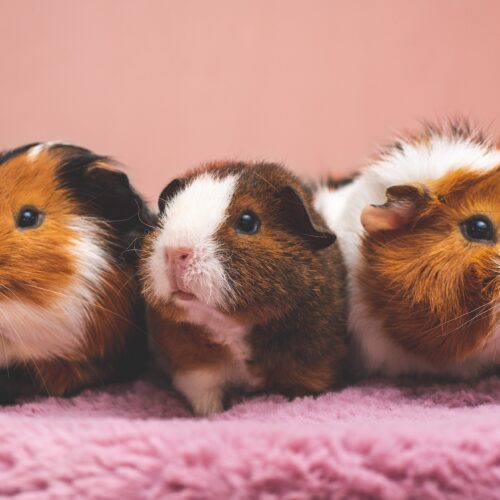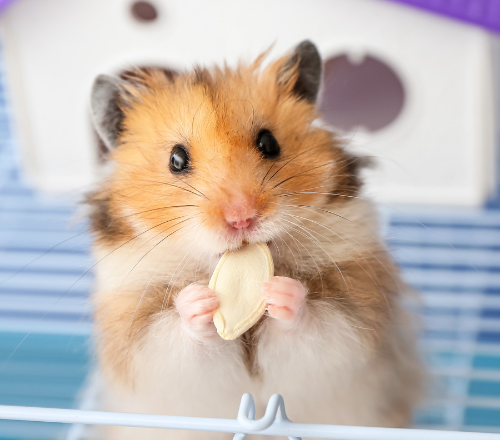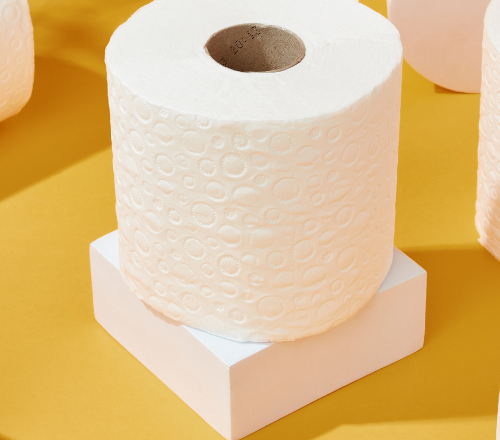Looking to become more sustainable and environmentally friendly? You may be wondering if there’s anything you can do to help reduce plastic pollution in the ocean. The good news is, there is!
It’s widely known that plastic pollution is a threat to marine ecosystems around the world. When it comes to how much plastic is in the ocean, there are varying estimates, but they all mean the same thing: too much. Our environment is suffering because of it, but people all over the world are working to try and fix the problem.
How to reduce marine plastic pollution
There are a range of ways you can help prevent plastic pollution in the ocean – even if you don’t live near the sea. Here, we’ve gone into detail on three things you can try: one at home, one in your local community, and one at the water’s edge.
Reduce your use of single-use plastics
One of the easiest ways to make a difference when it comes to plastic pollution is to take control of how much plastic waste you’re creating. Where possible, recycling plastic waste is a great way to ensure it doesn’t end up in landfill sites – or worse, in our oceans. Alternatively, you can also reduce the amount of plastic you bring into your homes in the first place.
This means reducing how much single-use plastic you use – and single-use doesn’t just mean plastic that you literally use once. It also covers things that are used for a short time before being thrown away. Things like toothbrushes, shampoo bottles, and disposable razors all count. Single-use plastics are more likely to end up in our oceans than reusable plastics because they’re thrown away far more often.
So how can you use less single-use plastic? Well, you can switch out plastic for more sustainable materials like wood or metal, and you can switch out single-use items for reusable ones. Doing both at the same time will maximise your impact, but even just doing one of the two options will make a big difference.
And when it comes to plastic packaging, why not buy products that come sustainably packaged? At Oceans, we wrap our eco-friendly toilet rolls and kitchen rollin paper packaging – an easy switch that can help to reduce plastic pollution in the oceans. Think of how much plastic waste you could prevent over the course of a year, or even a lifetime!
Support legislation to curb plastic production and waste
It’s important to consider the impact you have on the environment, but it doesn’t end there. The challenge of stopping marine plastic pollution doesn’t lie solely on your shoulders. If it’s going to work, we need more people to get involved, and that means big businesses and lawmakers.
Businesses produce far more plastic waste than any one person. This is because they involve lots and lots of people. Reducing corporate waste by even a small percentage could make a huge difference to marine plastic pollution levels. So how can you affect what big businesses do?
It’s simple. Businesses have to follow rules set by the government, and the government runs on politics. Of course, we’re not saying you have to run for election, but contacting an elected official representative could help. The idea is to get the issue in front of parliament.
It might not seem like that’s going to help solve the problem, but to make laws happen, you need the backing of politicians. Laws that tax, limit, or ban the use of single-use plastics can seriously impact how much plastic enters the ocean – so it’s definitely worth making the call.
Get involved in a beach or river cleanup
This final method is the most direct action we’ve suggested – simply rolling up your sleeves and taking the plastic out of the water yourself. Of course, we can only clear small sections of the water at once, and more plastic is entering the ocean all the time. On the other hand, every piece of plastic we do remove is a victory.
If you live near a beach or river, there may already be a cleanup group you can join. This is a great way to make friends with other sustainably minded people. But don’t worry if there isn’t! Even if you don’t live near a river or the sea, picking up litter wherever you see it will help to reduce the amount of rubbish reaching our oceans. All you need to get started is somewhere to put the rubbish, like a bin bag. You may also want to wear gloves or use a litter picker, and don’t forget to bring snacks and drinks.
It’s plain to see that no one of these methods is going to solve the problem alone. However, if we combine methods, get others involved, take plastic out of the ocean and limit the amount going into it, we can make a difference.




